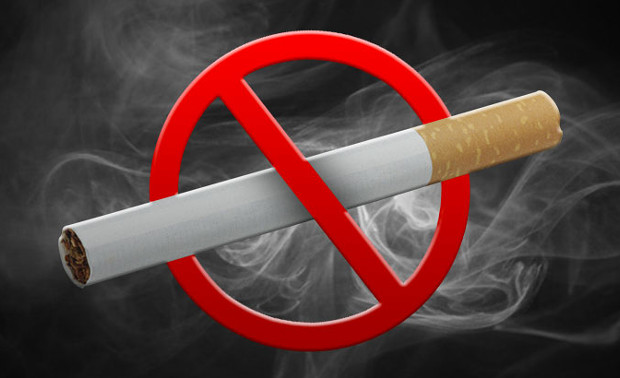ACS CAN urging lawmakers to prioritize proven tobacco control policies.
The Centers for Disease Control and Prevention (CDC) released new advertisements today as they kick off the 10th year of the highly successful “Tips from Former Smokers” national campaign.

The ads will run March 1 through Sept. 26 on national cable and network television, streaming radio, and online. The ads will also run in 28 local TV markets with higher smoking prevalence.
Two of the new ads in this year’s campaign feature participants who have been diagnosed with cancer-related to tobacco use, as well as their caregivers. The following is a statement from Lisa Lacasse, president of the American Cancer Society Cancer Action Network (ACS CAN):
“With roughly one-third of all cancer deaths being linked to tobacco use, we’re excited to see the CDC kick off their 10th year of the “Tips from Former Smokers” campaign. This campaign has helped more than 1 million people quit in the time it has been running, has inspired millions more to try to quit and has saved an estimated $7.3 billion in smoking-related health care costs. Avoiding tobacco is one of the most effective ways to reduce your risk of developing cancer.
“These powerful ads are based on strong evidence regarding which anti-smoking messages work best and have proven to be a valuable tool in the fight against this deadly addiction. But they’re even more effective when paired with strong tobacco control policies.
“ACS CAN is calling on Congress and the administration to prioritize efforts to reduce tobacco use and save lives by increasing funding for the CDC’s Office on Smoking and Health (OSH). Additionally, federal, state and local lawmakers should continue to support a comprehensive approach to tobacco control with 100% smoke-free laws, regular and significant tobacco tax increases that include e-cigarettes, funding for evidence-based prevention and cessation programs and access to all FDA-approved cessation services in Medicaid. These interventions are proven to be the most effective ways to reduce tobacco use, which ultimately reduces death and suffering from tobacco-related diseases.”

No comments:
Post a Comment